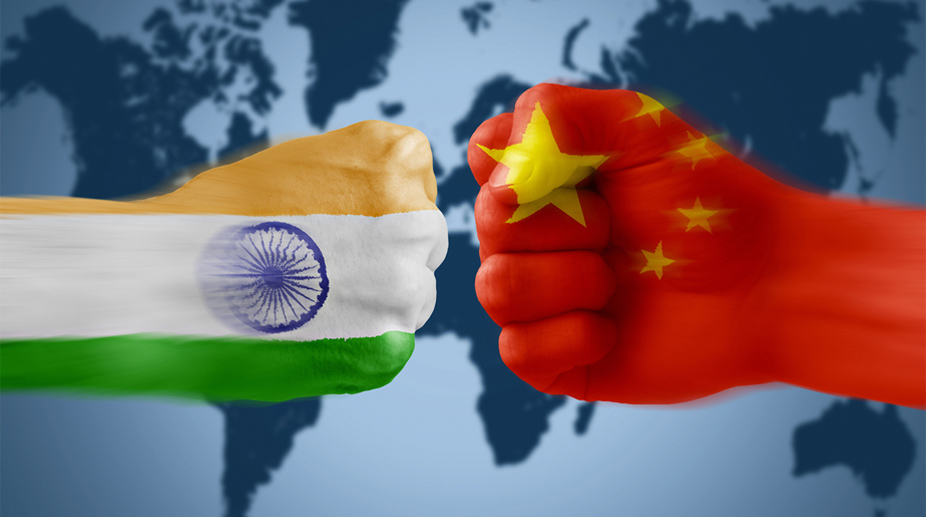Stray Indian hopes raised by a dilution of the rhetoric over the stand-off at Doklam during the visit of the National Security Adviser to Beijing would appear to have been deflated. For when addressing the People’s Liberation Army during a rare display of its military prowess, the Chinese President has emphasised a capability to vanquish “all invading enemies”.
Considerable significance has to be attached to the terminology favoured by Xi Jinping: though China has disputes with several neighbours over land and maritime frontiers, in recent days it has accused only Indian troops of physical transgression of the frontier. And Beijing has not stepped an inch back from its insisting on an Indian pull-back as a pre-condition for exploring possibilities of a diplomatic resolution of the logjam at the Sino-Indian-Bhutanese trijunction.
Advertisement
Strategic observers recall that after 1962 the Chinese had declared “let those who first committed aggression first vacate it” ~ reiterating the line points to the possibility of another long haul over the crisis that has developed since mid-June.
The Chinese have been consistent, not only on demanding an Indian withdrawal but also in not permitting multilateral meets under the BRICS umbrella to be “hijacked” by a bilateral problem. They have also shown much maturity in going ahead with the BRICS interaction, ceremonials included, yet retaining their stance on Doklam ~ a lesson for India which has tossed SAARC into the dustbin because New Delhi and Islamabad are going through a prolonged rough patch.
It is that stance which dared Beijing to ask Sushma Swaraj to authenticate her statement in Parliament that many countries supported India over Doklam: a challenge South Block has chosen to ignore. Yet a “threat” of which India does take quiet note.
True it was on the anniversary of the Kargil victory that the BJPs vice-presidential nominee was speaking, yet Mr M Venkaiah Nadu’s recalling 1971 but blacking-out the memory of 1962 (both wars were fought under Congress governments) does point to the Indian security effort being Pak-centric ~ despite cautions of the Chinese posing a more formidable threat.
Rightly has the Indian establishment declined to be drawn into the vicious war of words (or military posturing) unleashed by official and semi-official voices in Beijing, but there are few signs of vigorous diplomatic efforts to persuade the Chinese to open negotiations.
Have Indian envoys tried their persuasive skills in other countries? Surely China does not “bat” for itself, at least not according to Sushma Swaraj. In the midst of the tensions pulling Beijing and New Delhi in different directions, sight is being lost of the interests of Bhutan and its simple, peaceful folk: surely the global community has a duty towards them too? Already they find themselves on the fringes of the Gorkhaland agitation.











